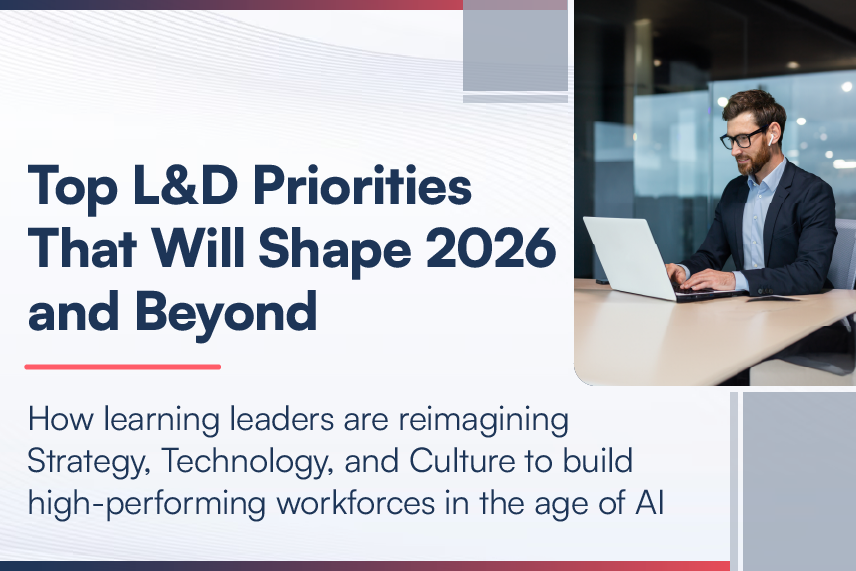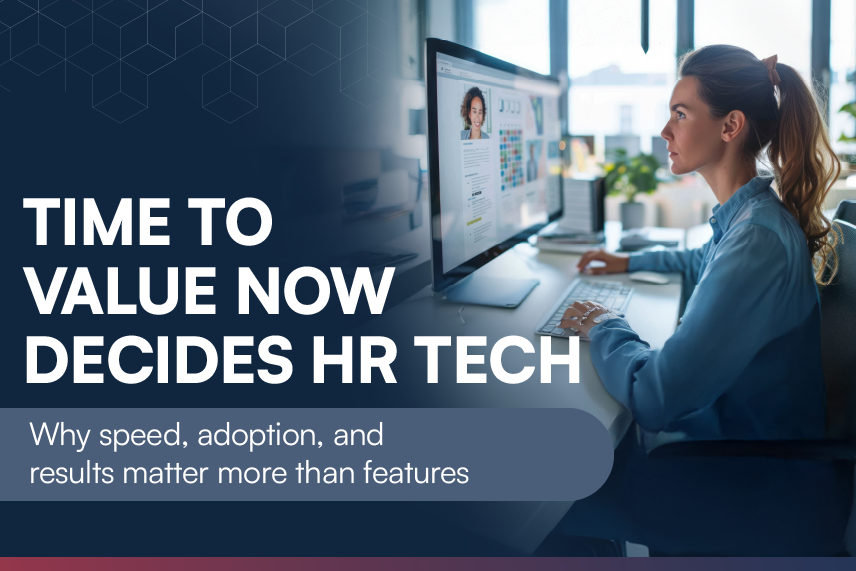The rise of Generative AI is hidden from none. Poised for remarkable change, investment, growth, and high-quality results, the importance of Generative AI is growing with each passing day. Not just this, but Generative AI solutions have the potential to leave no stone unturned.
Emerged as powerful tools that can generate realistic images, videos, unique content, and even music with suitable prompts, Generative AI translates to an effort that strives to shape a world where human imagination and machine intelligence can co-exist.
According to a recent Gartner poll, 68% of executives believe that the benefits of generative AI outweigh the risks, compared with just 5% that feel the risks outweigh the benefits.
Given their ability to mimic and create content that resembles the patterns found in training data, generative AI solutions can be promising for various industries, from creative endeavors to healthcare and beyond.
Given their ability to mimic and create content that resembles the patterns found in training data, generative AI solutions can be promising for various industries, from creative endeavors to healthcare and beyond.
ChatGPT For HR: How A Future-Ready AI Chatbot Benefits HR
Here is one-way ChatGPT, one of the strongest examples of Generative AI, can work in the HR space.
Every booming technology comes with a set of positives and negatives. As users, it is essential to use innovations smartly and intelligently.

Generative AI Challenges in eLearning Development
- Quality and Authenticity
- Legal and Ethical Concerns
- Bias and Fairness
- Pedagogical Effectiveness
- Technical Complexity and Integration
- Data Privacy and Security
Quality and Authenticity
Generating high-quality and authentic eLearning content using Generative AI solutions is nothing less than a challenge. There’s a high possibility that the content is inaccurate or lacks the needed credibility, which can undermine the learning outcomes.
Legal and Ethical Concerns
Copyright infringement, plagiarism, and intellectual property rights are some challenges associated with using generative AI for eLearning development. Ensuring that the generated content adheres to laws and maintains ethical standards can be complex and requires careful consideration.
Bias and Fairness
Generative AI models are trained on large datasets that increase the risk of creating biased content or irrelevant learning resources. This bias in eLearning development can impact content effectiveness, hinder inclusivity, and reinforce discrimination.
Pedagogical Effectiveness
The effectiveness of eLearning development depends on its pedagogical reliability. Trained Generative AI models may need help understanding the fundamentals of these learning theories, instructional design, and educational standards, resulting in ineffective eLearning materials.
Technical Complexity and Integration
Generative AI solutions for eLearning development may require integrating your learning management system (LMS), learning experience platform (LXP), or other technical infrastructure. Ensuring seamless integration, compatibility, and interoperability with these systems can be challenging.
Data Privacy and Security
Safeguarding sensitive educational data, including learner information and proprietary content, against unauthorized access, breaches, or misuse can be tricky. Compliance with data privacy regulations, such as GDPR or HIPAA, adds a layer of complexity.
How Businesses Can Overcome These Challenges with Ease

While Generative AI could trigger the productivity wave we need, the challenges it brings are real. Overcoming such challenges of using Generative AI for eLearning development requires curated planning, implementation, and optimization. Here are some strategies that businesses can consider to address these challenges.
Robust Quality Assurance (QA)
You can implement robust QA processes to validate the accuracy and relevance of the generated content. This may involve manual and automated reviews and feedback loops to ensure that the eLearning content meets educational norms, is free from biases, and maintains legal standards.
Training and Fine-tuning AI Models
You must continuously train and fine-tune the generative AI models with diverse datasets to improve their accuracy, adaptability, and bias mitigation capabilities. Regular updates and improvements to the AI models can enhance the quality and relevance of the generated content.
Intelligent Content Automation Framework
You must develop an intelligent content automation framework to integrate Generative AI models with your existing eLearning platforms easily. This may include customization, API integration, and thorough testing to facilitate data-centric decision-making and learner engagement.
Having an intelligent content automation framework in place will help you automate eLearning creation, management, and delivery. It can boost your eLearning development strategy by ensuring personalized content experiences, scalability, and consistency.
Focused Collaboration
Create a progressive environment that focuses on establishing solid collaboration between Generative AI systems and eLearning experts. This can help you encrypt sensitive data, implement strong access controls, conduct necessary audits, and comply with relevant privacy regulations.
User Training and Support
You need to provide adequate training and support to learners, educators, and other stakeholders to familiarize them with the generative AI-based eLearning materials. This will help you address concerns, offer assistance, and gather feedback to improve the learner’s experience continually.
To know how to use the power of Generative AI wisely, it is time to
Start strategizing eLearning development the Generative AI way!
A Final Word: Balancing Potential and Responsibility
Generative AI solutions have seen significant advancements in recent years, enabling the creation of highly realistic and diverse content. As we live in a world where constant technological advancement is unavoidable to stay at the competitive edge, businesses that lag to accept digital transformation stand at a risk of being left behind. Generative AI is one of the most promising technologies companies can opt for to improve efficiency, productivity, enhance customer experiences, and more.
Given this technology’s potential, it is essential to consider the potential risks and significant challenges, such as AI ethical issues and more it brings along.
As wisely said, technology is both a curse and a blessing. It lies in how wisely you use it.
So, it is time to embrace tech responsibly.






